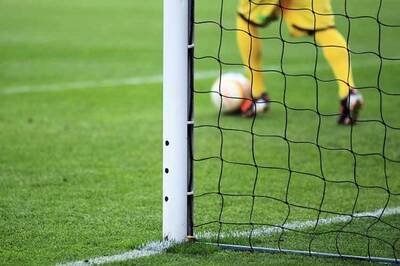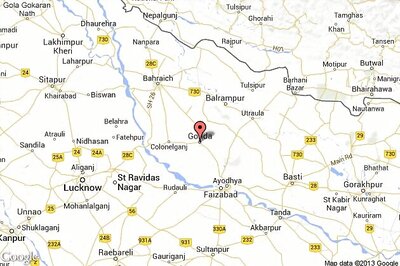
views
COLOMBO, Sri Lanka: Sri Lankas Catholic leaders urged the government on Tuesday not to proceed with a constitutional amendment that would consolidate power in the presidents hands, saying it would undermine democracy.
The Catholic Bishops’ Conference of Sri Lanka said the government should concentrate instead on drafting a new constitution that will strengthen democracy, equality and the rule of law.
We need to emphasize that concentration of power in an individual without checks and balances does not augur well for a democratic socialist republic, the bishops said in a statement.
If passed, the amendment would bring Parliament under the control of President Gotabaya Rajapaksa, who would have the power to dissolve the legislature, appoint top judges and have immunity against any prosecution. It would also allow the president to head any number of ministries, appoint and fire ministers, and select the police chief and members of the elections, public service, bribery and human rights commissions.
The constitution now allows presidential decisions to be questioned in court, gives the prime minister the power to appoint Cabinet ministers, grants independent commissions power to appoint officials to key institutions and bars dual citizens from holding political office.
The government is likely to receive the votes of two-thirds of the members of Parliament, enough to pass a constitutional amendment. However, Parliament is awaiting a Supreme Court decision on whether certain provisions of the amendment will need to be approved in a public referendum.
” two-thirds majority of the members in the Parliament based on political parties does not necessarily manifest the true conscience of the people,” the bishops said.
Sri Lanka had been ruled by powerful executive presidents since 1978 in a system criticized as akin to authoritarianism. A reformist government elected in 2015 clipped many presidential powers, empowering Parliament and setting up independent commissions for the police, public service, elections and audit.
Rajapaksa said in a speech to Parliament that he would abolish the 2015 reforms because they restricted his work.
Disclaimer: This post has been auto-published from an agency feed without any modifications to the text and has not been reviewed by an editor
Read all the Latest News and Breaking News here

















Comments
0 comment